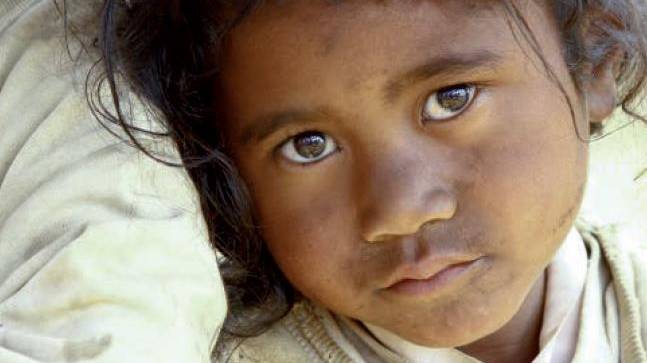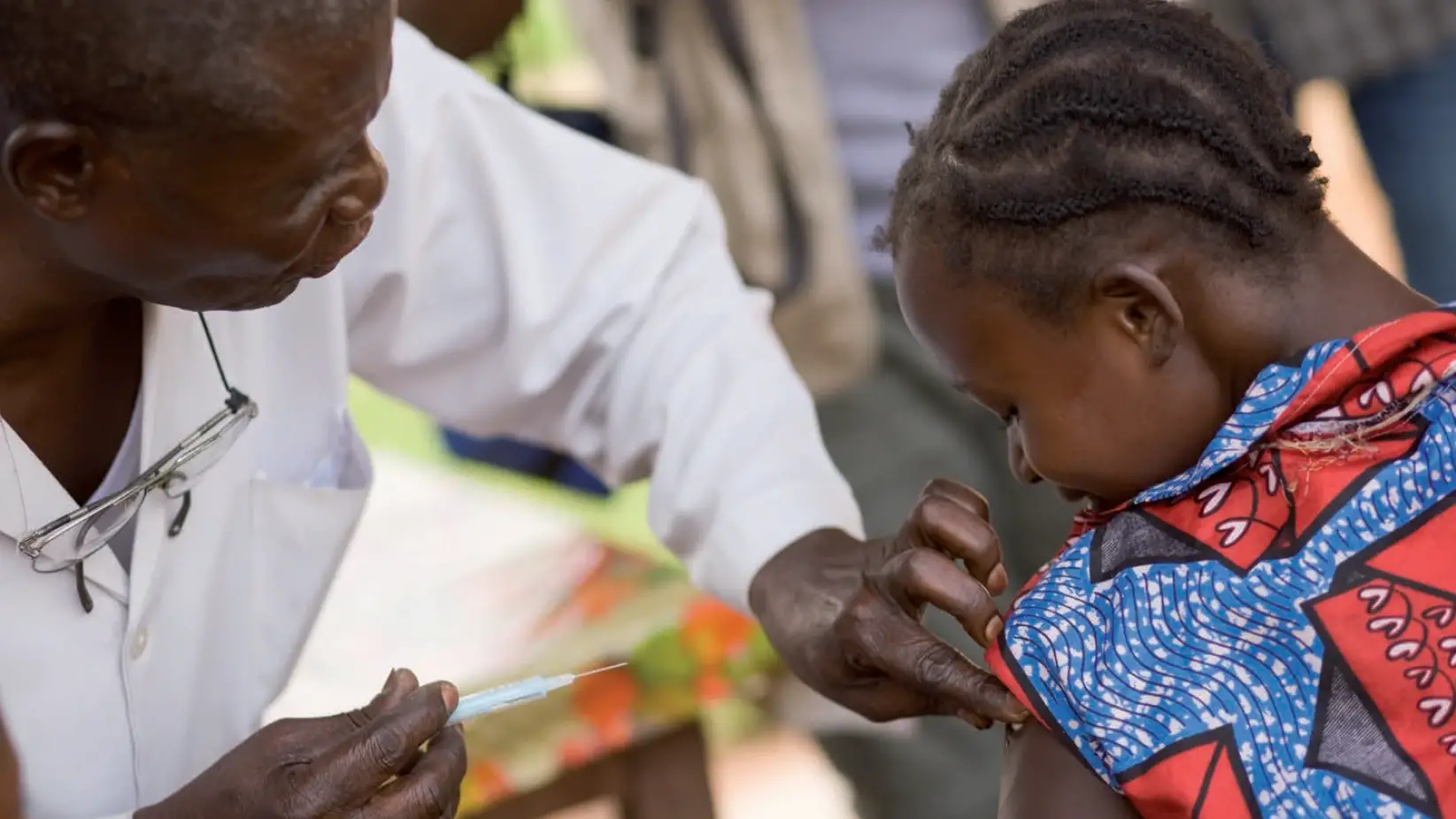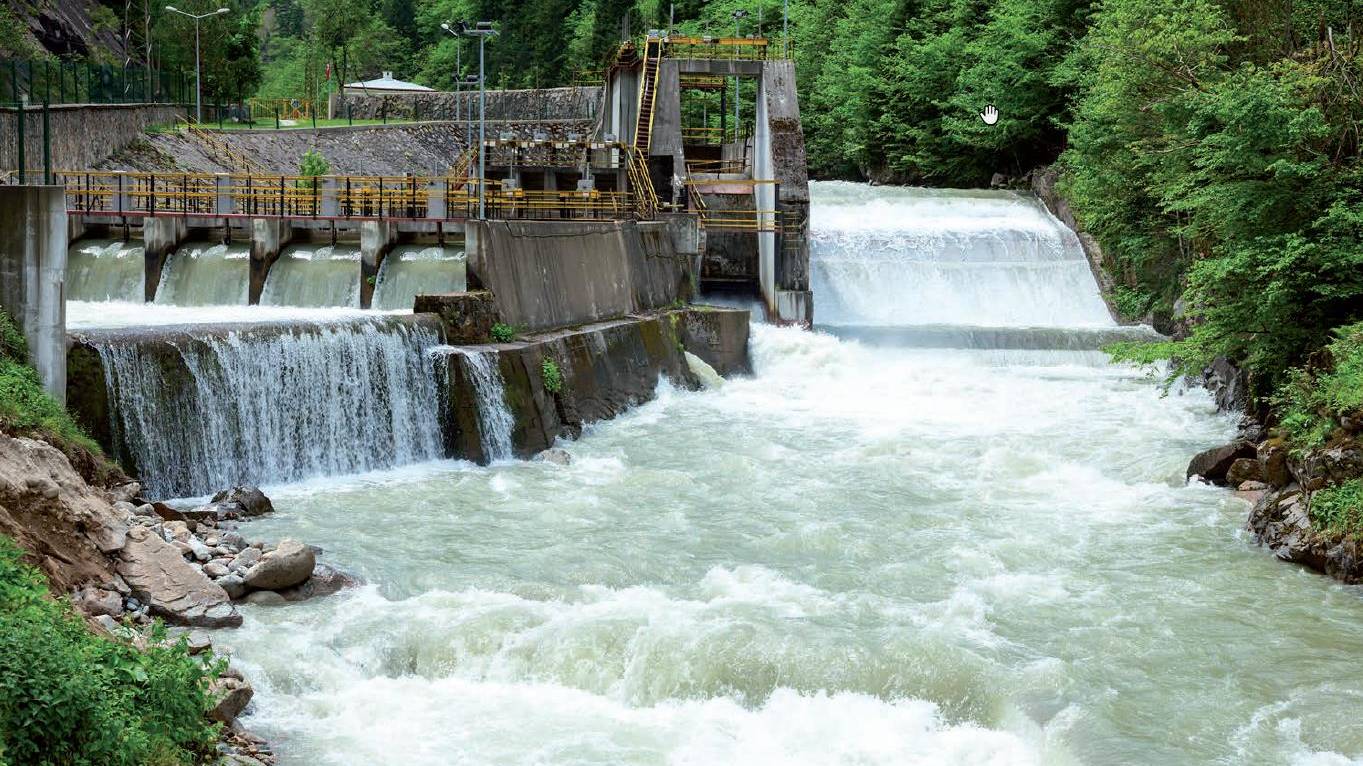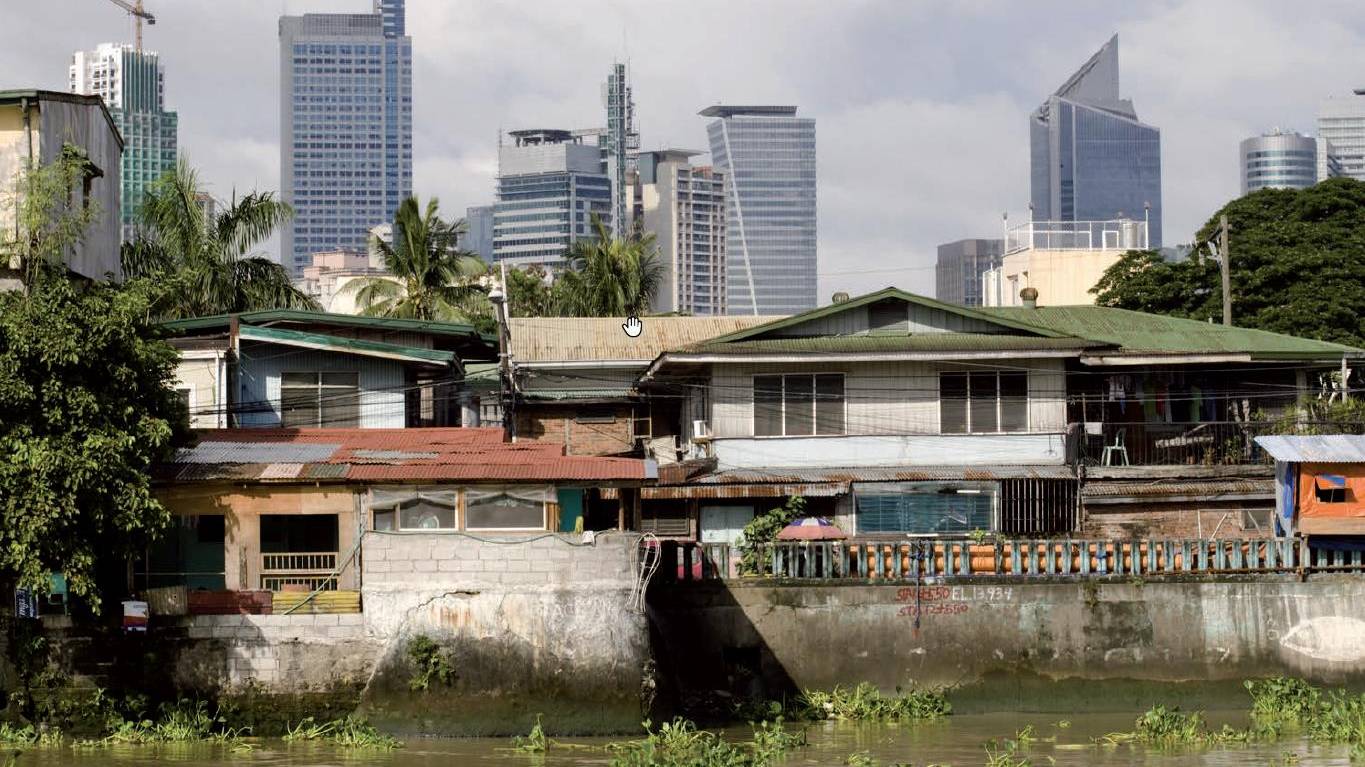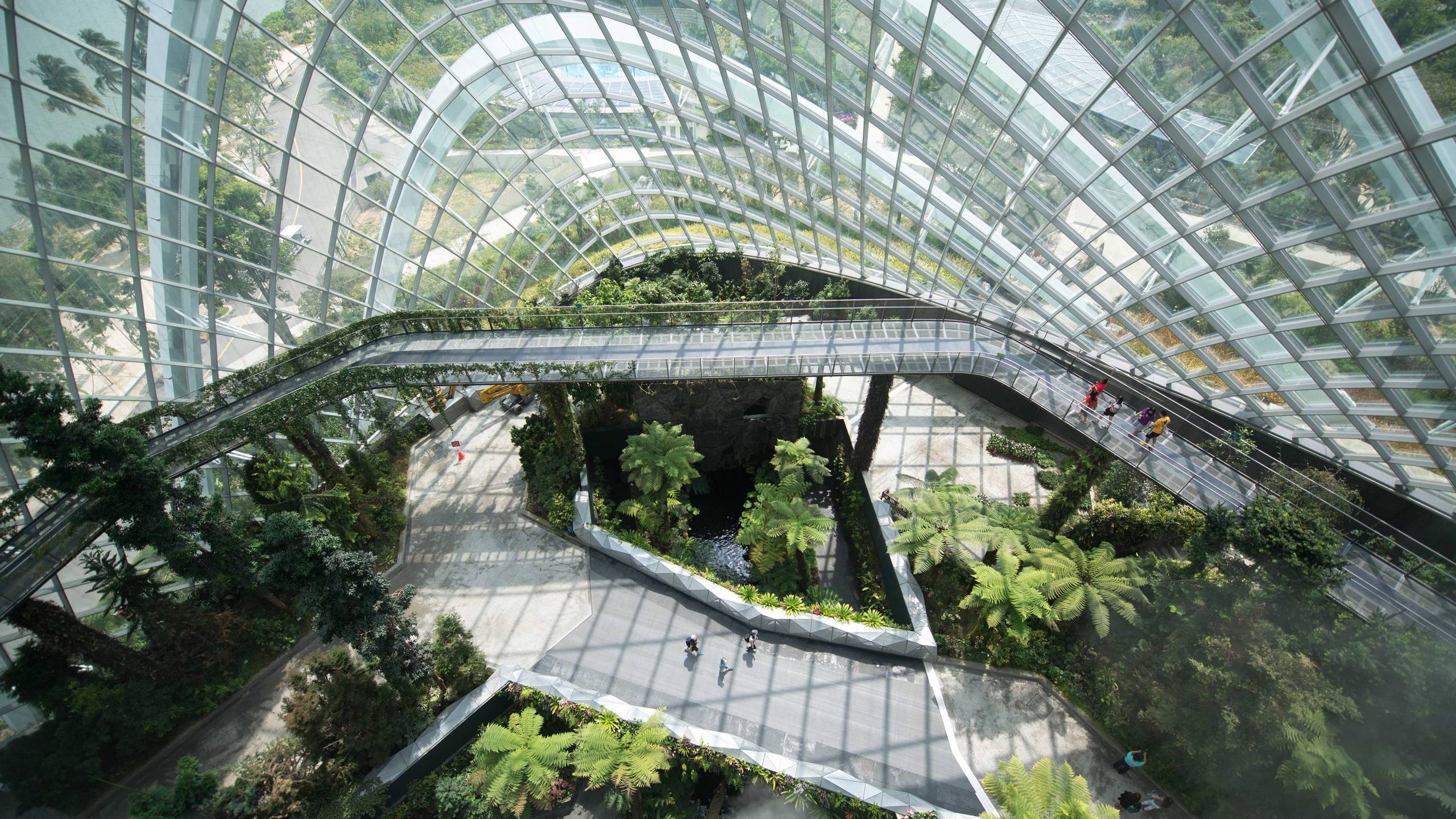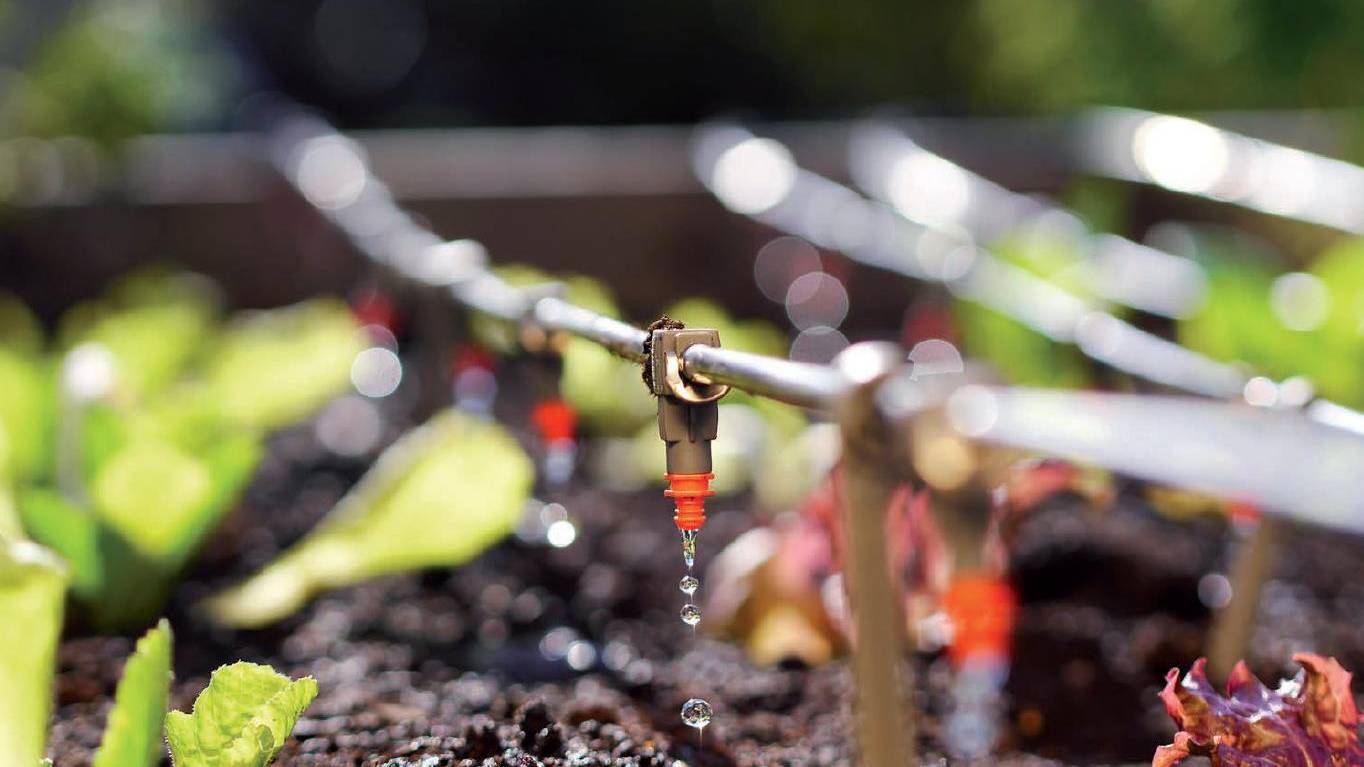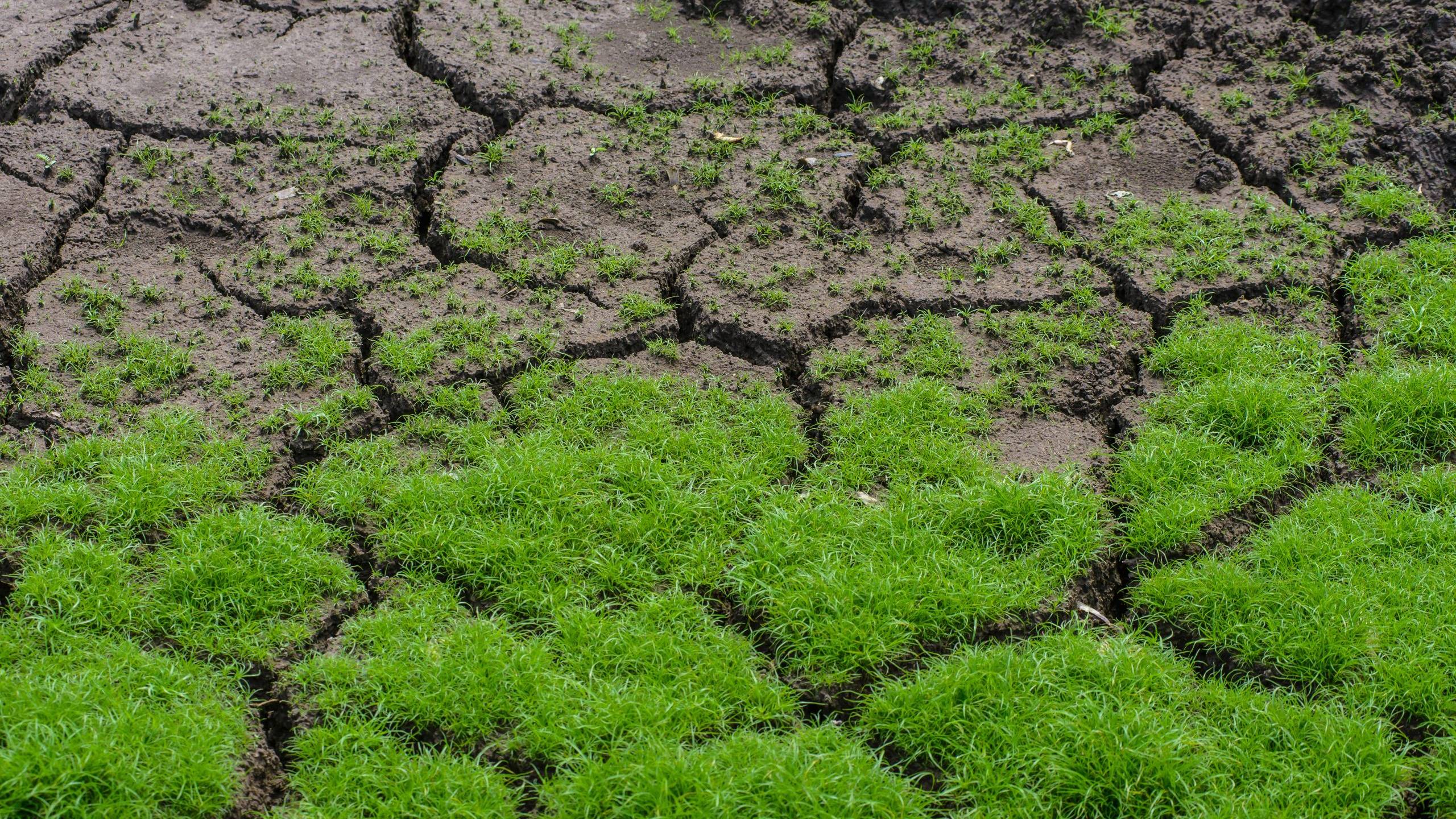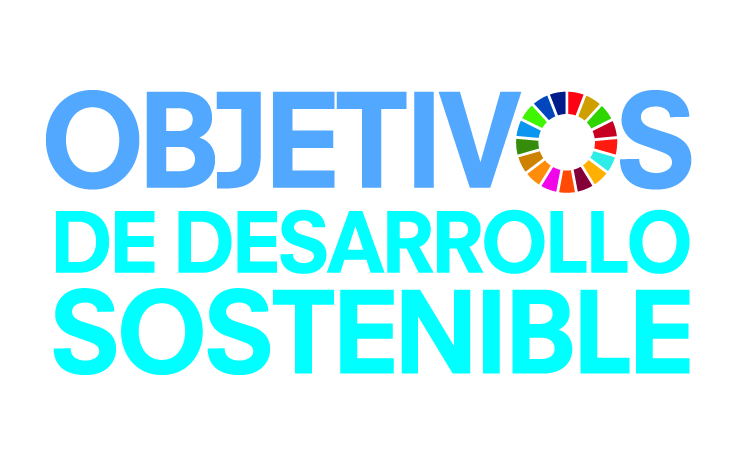
SDGs - Sustainable Development Goals
Professional firms contribute to society’s broader interests through their actions. Auren is committed to fostering economic development based on ethical grounds that enhance individual well-being and promote a more prosperous, dignified, fair and sustainable society.
This commitment is reflected in the publications prepared by Auren professionals related to the 17 Sustainable Development Goals.
SDG Publications ·
06/10/2024
SDG 01 – No Poverty
Eradicating extreme poverty in all its forms remains one of humanity’s greatest challenges and is a key priority within the sustainable development agenda. Although global poverty has been halved since 1990, from 1.9 billion to 836 million people, the current figures remain unacceptable from the point of view of any civilised society. It is essential for every human being to have access to adequate food, safe drinking water and dignified sanitation.
06/10/2024
SDG 02. Zero Hunger
The Agenda sets the targets of ending hunger, improving food security, enhancing nutrition and promoting sustainable agriculture by 2030. While progress has been made in recent years malnutrition remains alarmingly prevalent: around 800 million people still suffer from it. One in four individuals in Africa is subject to hunger. The solutions are complex and global in nature, but do exist. Sustainable agricultural practices must be encouraged, particularly among small-scale producers, alongside fair access to land and markets, international co-operation, investment in infrastructure and technology and decisive action against environmental degradation, drought and the loss of biodiversity.
07/10/2024
SDG 03. Good Health and Well-being
Despite considerable progress in healthcare and medical research, many lives are still lost due to fundamental deficiencies, including the lack of vaccines, insufficient healthcare facilities, food shortages and limited access to clean water. Health and well-being are inextricably linked to socio-economic development. Ensuring healthy lives and promoting well-being for all is a complex challenge, especially when considering factors such as poverty, natural disasters, armed conflict, migration, poor working conditions and environmental pollution.
07/10/2024
SDG 04. Quality Education
The goal of inclusive, quality education for all stems from the conviction that education is one of the most powerful and proven tools for sustainable development. This goal seeks to ensure that all children complete free primary and secondary education by 2030. Also promoting equal access to affordable technical training, addressing income and gender disparities and achieving universal access to quality higher education.
08/10/2024
SDG 05. Gender Equality
Despite progress in the area of gender equality, gender-based discrimination remains widespread across many sectors and aspects of society. Situations of subjugation, harassment and distressingly high levels of gender-based violence still exist. While governments and institutions have an obligation to act, responsibility also lies with businesses, leadership and individuals to raise awareness and take action towards creating a society free from degrading or discriminatory treatment, where genuine gender equity is achieved.
29/10/2024
SDG 06 – Clean Water and Sanitation
Water scarcity affects over 40% of the global population, a figure likely to increase due to rising temperatures caused by climate change. Although 2.1 billion people have gained access to improved water and sanitation since 1990, the declining availability of safe drinking water remains a significant global concern.
07/05/2025
SDG 07 Affordable Clean Energy
Our global economy’s reliance on fossil fuels and the rising levels of greenhouse gas emissions are behind drastic changes in the climate system, with clear far-reaching consequences across the planet.
07/05/2025
SDG 08 – Decent Work and Economic Growth
On 25 September 2015, the United Nations General Assembly adopted the “2030 Agenda for Sustainable Development”, with Goal 8 recognised as being key to promoting sustained, inclusive and sustainable economic growth, full and productive employment and decent work for all.
07/05/2025
SDG 09 – Industry, Innovation and Infrastructure
Sustainable investment in infrastructure and innovation is a major driver of economic growth and development. With over half the world’s population now living in urban areas, mass transport and renewable energy are increasingly vital, as is the growth of new industries and information and communication technologies.
07/05/2025
SDG 10 – Reduced Inequalities
The international community has made considerable progress in reducing poverty. The most vulnerable nations (the least developed countries, landlocked developing countries and small island developing states) are making strides. However, significant inequalities persist, particularly as regards access to healthcare, education and other production-related resources.
07/05/2025
SDG 11. Sustainable Cities and Communities
Today, more than half the global population resides in urban areas. Achieving sustainable development is impossible without a radical transformation in how we build and manage urban spaces.
14/02/2025
SDG 12 – Responsible Consumption and Production
To achieve sustainable development and economic growth, the ecological footprint must be urgently reduced by transforming the ways we produce and consume goods and resources. Industries and consumers alike must be encouraged in order to reduce waste and embrace recycling.
07/05/2025
SDG 13 – Climate Action
No nation remains untouched by the effects of climate change. Greenhouse gas emissions continue to rise and are now 50% higher than they were in 1990. Global warming is bringing about lasting changes in the climate system, with potentially irreversible consequences unless urgent action is taken.
07/05/2025
SDG 14 – Life Below Water
Due to the urgent need to preserve marine ecosystems, this goal set a target year of 2020 for its seven key objectives. It calls for action to prevent and reduce all forms of marine pollution, minimise ocean acidification and regulate fishing in order to combat overexploitation.
07/05/2025
SDG 15 – Life on Land
This goal sets out a number of targets aimed at halting and reversing land degradation and curbing the loss of biodiversity. Beyond preventing environmental damage, it also promotes the restoration of degraded forests and increased afforestation and reforestation.
07/05/2025
SDG 16. Peace, Justice and Strong Institutions
In recent times, we have become increasingly desensitised to certain events. News that once shocked us now barely registers. Corruption and the abuse of power are widespread, affecting nearly every sector and region across the globe.
07/05/2025
SDG 17. Partnerships for the Goals
The Sustainable Development Goals can only be achieved through strong global partnerships and co-operation. While official development assistance from developed economies increased by 66% between 2000 and 2014, ongoing humanitarian crises due to conflict and natural disasters demand even greater financial and material resources. Many countries also require such support to boost growth and facilitate trade.

